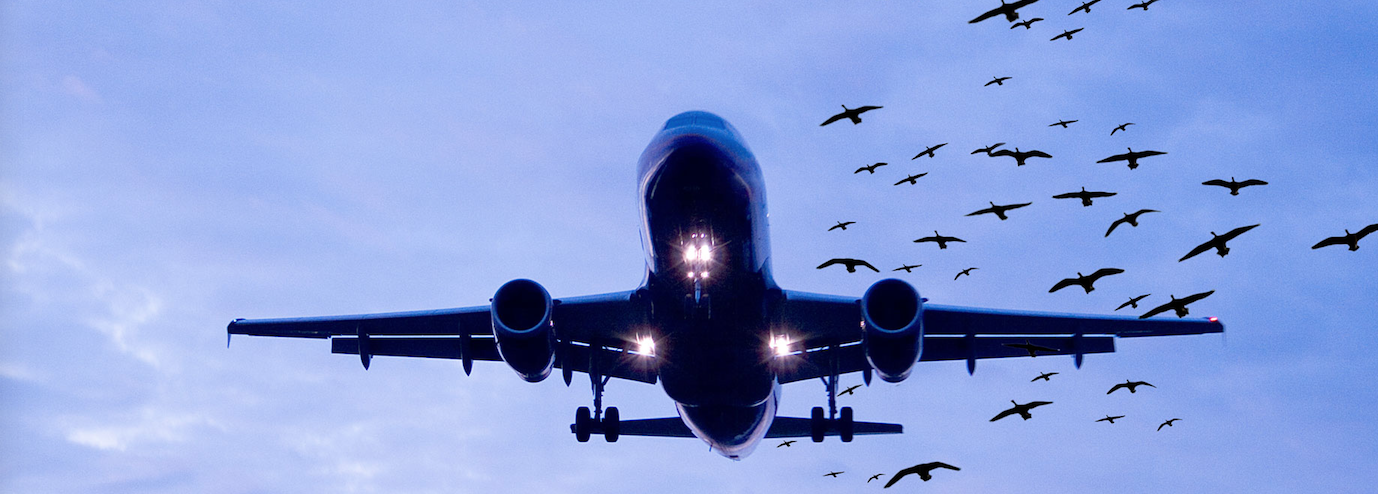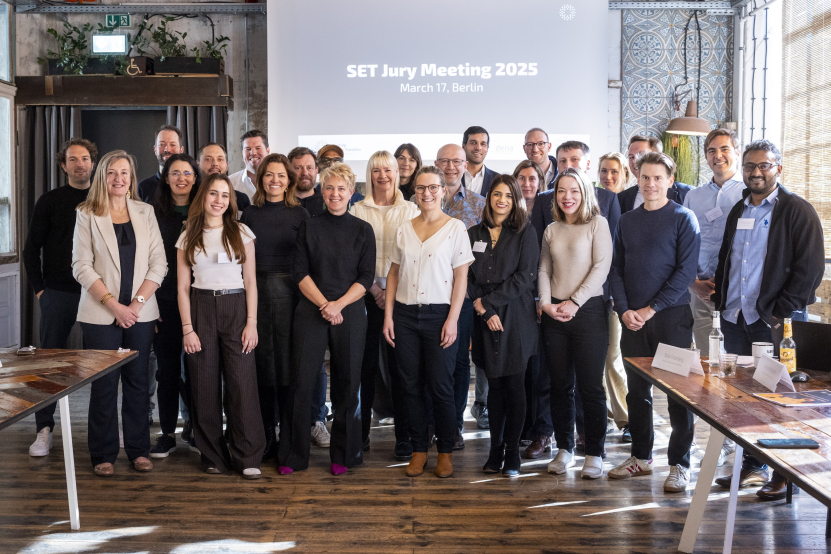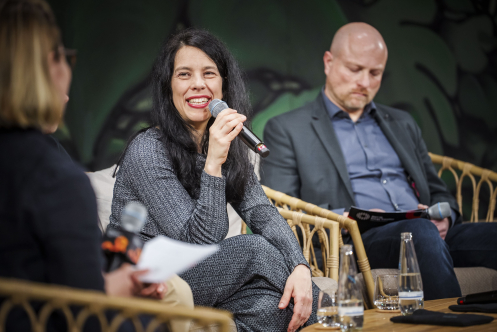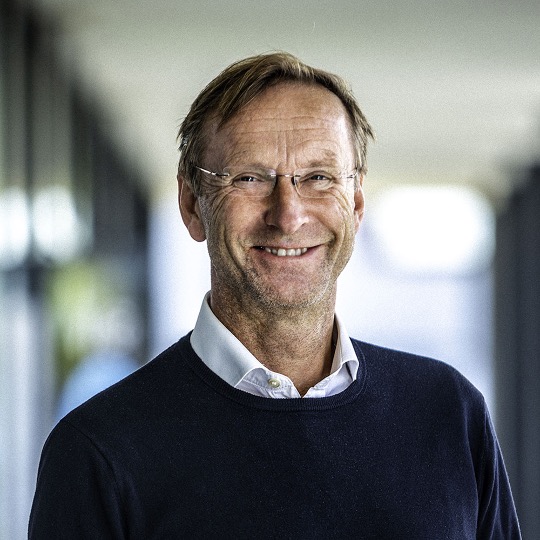Danish aviation company reaches new heights
 AscendXYZ, a Danish company focused on modernising airport operations, recently celebrated a new milestone: after eight years, the company is now fully profitable. They joined ESA’s Business Applications and Space Solutions (BASS) programme in 2016, which assisted in the development of their space-based software for airport management. With ESA’s backing, Ascend have turned their new ideas into services now used by airports across Europe.
AscendXYZ, a Danish company focused on modernising airport operations, recently celebrated a new milestone: after eight years, the company is now fully profitable. They joined ESA’s Business Applications and Space Solutions (BASS) programme in 2016, which assisted in the development of their space-based software for airport management. With ESA’s backing, Ascend have turned their new ideas into services now used by airports across Europe.
Ascend entered the aviation market with a clear goal: to modernise the management of airport surroundings. Using data from bird detection and tracking radar and Earth observation satellites, the AscendXYZ service helps airport safety teams monitor surrounding areas for potential wildlife hazards, such as bird strikes. The data in the app is easily accessible to airport teams such as airport operators, workers on the ground and civil aviation authorities, allowing for real-time monitoring. This approach significantly reduces bird strikes while streamlining a previously resource-intensive and expensive process, making it easier for airports to comply with flight safety regulations.
Despite their clear mission, the road to success was not straightforward. Acquiring new customers proved to be more difficult than anticipated causing uptake of the service to fall below Ascend’s expectations. “Even though the market feedback was positive, the reality was that our customers weren’t quite ready to make the leap. It was a matter of timing, and we had to remain patient and adaptable”, said Peter Hemmingsen, CEO of Ascend.
The BASS programme guided Ascend in refining and structuring their approach. The company shifted its focus from a broad global market to airports within the European Union to build stronger, more valuable partnerships with a smaller number of clients. The company originally envisioned a low-cost service with a wide customer base, and evolved into a more tailored, high-value service.
Throughout this journey, ESA’s BASS programme helped Ascend refine their product: as a result, most of the users from their demonstration project have become paying customers.
“ESA’s support allowed us to take risks and refine our products in ways we couldn’t have done alone. Their involvement helped turn ideas into something airports rely on every day”, said Hemmingsen.
Although Ascend’s original vision changed, the company was able to be flexible to adapt to market realities, identify its core market and steadily build a sustainable business. AscendXYZ is used regularly in 30 airports across Europe, with their reach continuing to expand.
For Ascend, success has come from timing, adaptability, and the ability to refine a business model in response to the market’s needs. The company’s journey from early-stage ideation to profitability shows the critical role that programmes like ESA’s BASS play in turning ideas into commercial success.
“We are very happy to see the great positive impacts that the BASS programme can have on companies’ businesses,” said Arnaud Runge, Technical Officer who followed several activities with AscendXYZ. “BASS had already supported many companies in creating amazing products and services. Now we see clear evidence that the programme can help companies get off the ground with our support - and then fly solo".
Looking back, Hemmingsen emphasised the factors that shaped their journey: “There’s no straight line to success, but with grit and the right support, we are on the right path. AscendXYZ is now profitable, and we owe much of our success to ESA’s support, to our commitment to turning challenges into opportunities and to our willingness to adapt until we succeed”.







